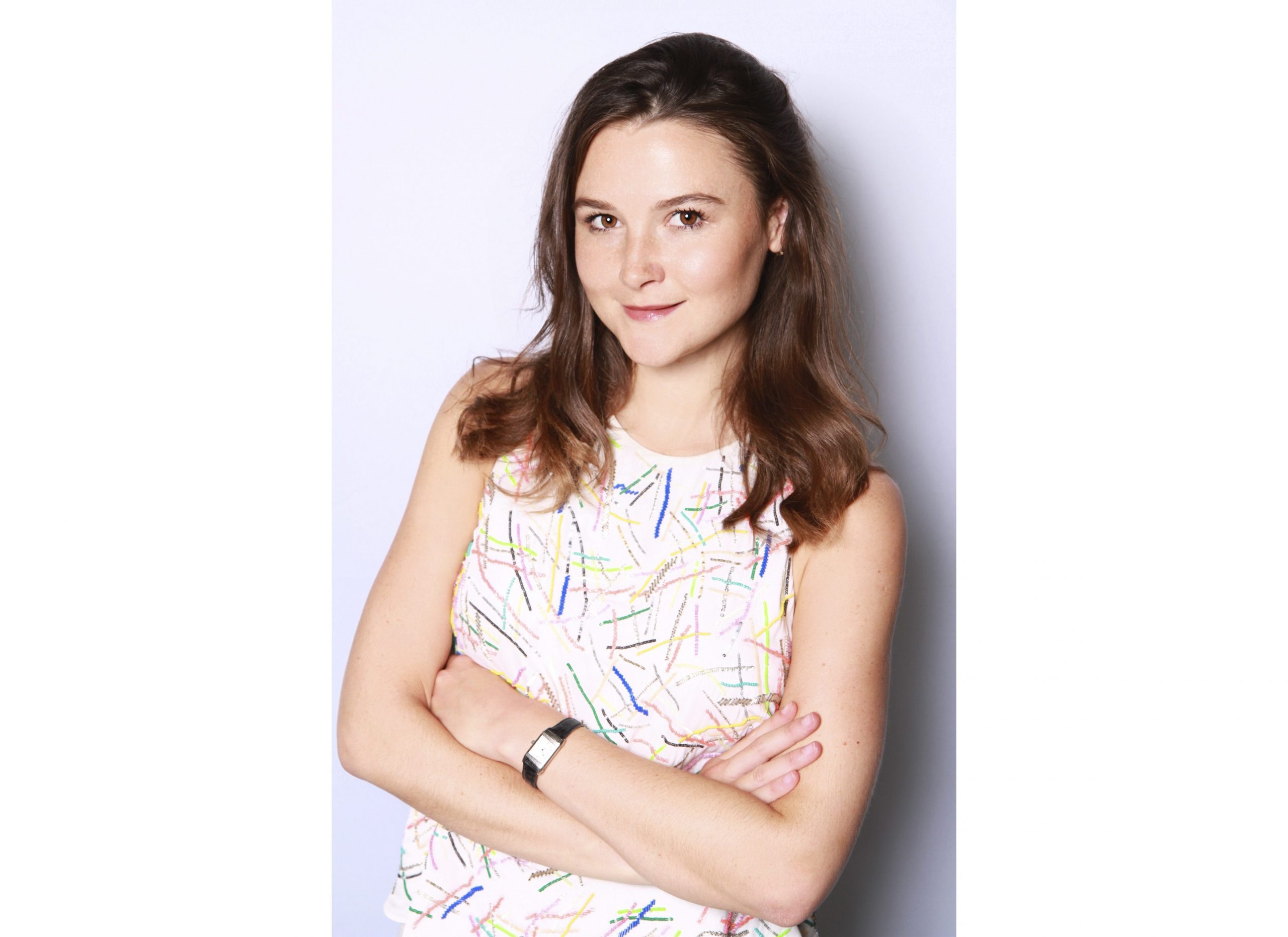NEW YORK — When Amber Atherton hit celebrity status as the co-creator and star of of British reality TV show “Made in Chelsea” in 2012, companies making everything from cream cheese to leggings wanted to pay her big bucks to promote their products.
That happened despite the fact that she didn’t even use most of the stuff.
That experience ended up being a teaching moment for Atherton, now 28. She also struggled to figure out who her influential customers were at her online jewelry company called My Flash Trash, which she sold in 2016. That inspired her to start a software company called Zyper a year later that connects brands like Kellogg, Nestle and cosmetics maker Rituals with “super fans,” instead of paid professional influencers.
Zyper, which relocated to San Francisco from London in 2018, identifies the top 1% of a label’s fans by analyzing data from public social media. Brands can then chat with those fans and can enlist them to serve as brand ambassadors on social sites in exchange for new products and access to events. So far, Atherton is seeing these “super fans” drive twice the average order value than other traffic sources for many brands.
Zyper has raised $8 million in financial backing, and Atherton is looking at expanding her clients — primarily consumer goods companies — to include automobiles and banks.
Atherton’s message comes as the influencer economy has been increasingly fraught with deceit and fraud. Influencers have been criticized for inflating the number of their followers or not even using the products they endorse. HyperAuditor, an analytics firm, investigated nearly 2 million Instagram accounts and discovered that more than half fraudulently pumped up the number of followers. Such influencer deception cost advertisers an estimated $1.3 billion last year, according to Roberto Cavazos, a statistics professor at the University of Baltimore. Cavazos predicts that figure will increase to up to $1.7 billion this year.
During an interview with The Associated Press, Atherton talked about why there’s distrust in influential marketing and how brands are starting to look at niche-based communities to find their fans. The questions and answers are edited for clarity and length.
Q: How does Zyper technology work?
A. Most brands know who their top customers are and their top influencer customers are but almost none of them know who their top fans are — everyday fans of the brand that have influence on a peer-to-peer level. Zyper uses a combination of computer vision and natural language processing to identify very granular indicators of influence. We have never looked at how many followers somebody has. We ingest public data from social networks and customer data and then run complex queries to identify people that have a strong affinity towards the brand.
Q. Then what?
A. Once we have identified the top 1% we reach out to consumers and invite them to join the brands or an interest-based community, which is hosted on our software. This might be a dark community — a chat-based focus group with the brand or a public one where fans co-create content and amplify content with the brand. But the best bit is connecting fans to each other to hang out in real life, swap skills — real friendships form through these brand communities.
Q. Describe the influencer market right now.
A. I started to see it go sour in 2017 which is when we launched Zyper with this anti-influencer message. As the barriers to entry are so low, you can buy 10,000 followers in 10 minutes and use any free editing app to easily create great content. Anyone can be a billboard and anyone is willing to make some easy money by posting a photo of toothpaste or leggings. But brands are waking up to the fact that what looked like a quick fix to ever rising Facebook acquisition costs is really just a sham that generates zero return on investment.
Q. What do you see as the future for influencers?
A. The future for influencers is going to be tough. Brands are getting savvier and demanding real return on investment. My advice would be for influencers to focus on becoming experts in a specific niche and to build their community.

No responses yet